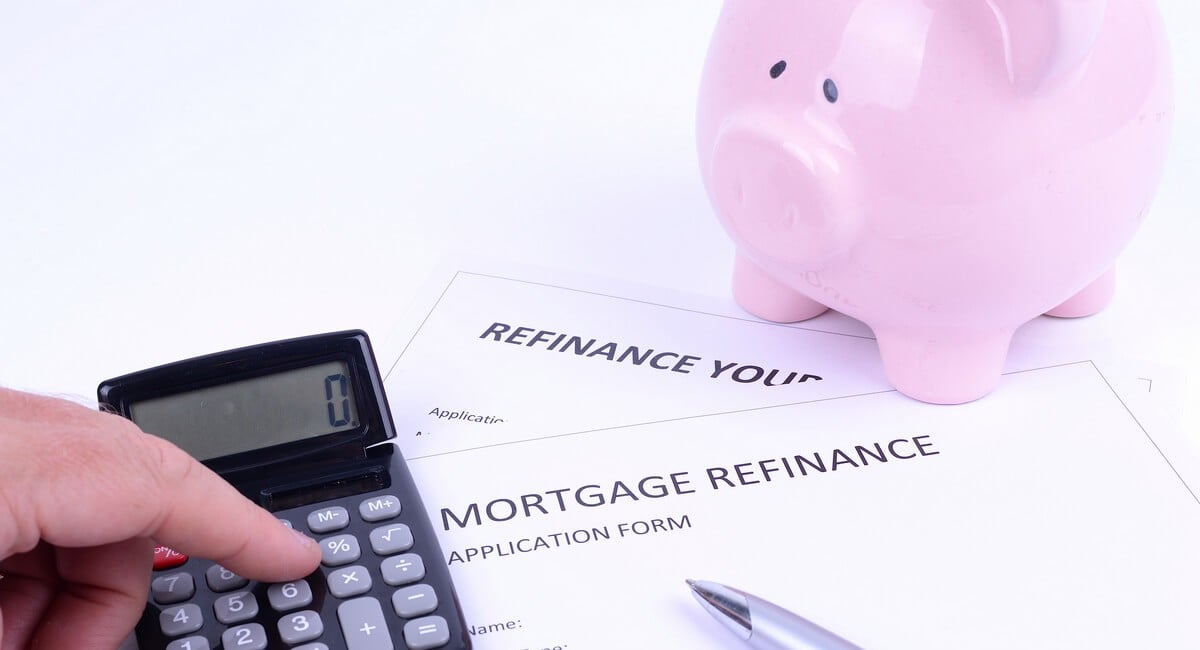The closing meeting is the final step in the home buying process and the point at which you officially become the owner of your new home. When you make an offer on a property, you’ll include a suggested closing date. Although the closing could be delayed or the seller could negotiate for a different date, you should always have a say in when you close on your house.
The date that you close can affect your down payment, interest costs, and overall moving experience. Before choosing a closing date, you should understand the pros and cons of closing at different times of the month.

Closing Early in the Month
Closing near the start of the month offers some unique advantages. Here are a few reasons you may want to schedule your closing in the first week of the month:
More Time Before First Mortgage Payment
Usually, the first mortgage payment is due the first day of the month following your first full month of homeownership. For example, if you close on your home on November 3, your first payment will be due on January 1. If you close on November 30, your first payment will still be due on January 1.
When you close earlier in the month, you wait longer to make your first payment. This can be helpful if you need to recoup some of your savings after making your down payment and paying for your move.
Easier for Renters
If you’re currently a renter, you might prefer to close early in the month because it gives you more overlapping time with your rental and your new home. For instance, if your rent is paid through April and you close on April 6, you have more than three weeks to move into your new home. This time can be valuable if you want to make any repairs or upgrades to the new house before moving in.
More Availability
Mortgage lenders and title companies tend to get busier as the month progresses and their end-of-month deadlines get closer. The beginning of the month is a less popular time to close, so all the parties involved will likely be more available and flexible. If you need to push the meeting out by a few days, it will be easier to reschedule. You may also find that the closing meeting is more relaxed and personalized because the representatives involved aren’t rushing.

Closing Later in the Month
Closing later in the month is popular among home buyers because it can cut down on your up-front costs. Here are two key reasons it can be advantageous to close near the end of the month:
Less Prepaid Interest
When you close on your house, you have to prepay the mortgage interest from the closing date through the end of the month. This money is kept in an escrow account and then applied to your first mortgage payment.
Closing later in the month will reduce your up-front costs. For example, if you close on June 30, you’ll only have to prepay one day of interest. If you close on June 1, you’ll owe 30 days of interest. This could make a difference of $1,000 or more in your closing costs.
Over the life of your mortgage, you’ll pay the same in interest regardless of whether you close at the beginning or end of the month. However, the timing of the closing affects what you pay up-front on the day that you close.
Lower Property Taxes
Your property taxes are prorated based on your closing date. You’ll pay slightly less for the year if you close later in the month. This can also help to cut down on your up-front costs when closing on your home.

Closing in the Middle of the Month
Closing at the beginning and end of the month both have their pros and cons. When you close at the start of the month, you have more time before your first mortgage payment is due, and you have extra time to move into your new home. When you close later in the month, you cut down on your closing costs. However, if your closing date is at the end of the month, there’s a chance the sale could get pushed out into the next month if something goes wrong.
Closing in the second or third week of the month can be a great middle ground. You won’t have to prepay as much interest as you would if you closed on the first day of the month, but you still have time to spare if the closing gets delayed. Lenders and title companies also aren’t usually as busy at this time, so you may find it easier to schedule the meeting.

What Day of the Week Is Best for Closing?
The day of the week you close can make a difference in your experience, too. Here are some of the most popular days of the week to close on a house:
Friday
Many buyers schedule their closing on Friday because they can take the day off work and move in over the weekend. Ending your week with the closing meeting can feel exciting and celebratory.
However, Friday can be a risky closing day because if something goes wrong, you’ll have to wait three days to reschedule. This can throw off your moving plans significantly. Fridays tend to be busy for mortgage lenders, too, so your closing meeting might feel rushed.
Tuesday or Wednesday
Closing on a Tuesday or Wednesday is ideal in many cases. On Monday, you can go to the bank, track down documents you need, or take care of any other last-minute tasks you need to do before closing. If your closing does get delayed by a day or two, you can reschedule within the same week. A mid-week closing tends to be much more flexible and less stressful than closing on a Monday or Friday.

Choosing the Perfect Closing Date
Settling on the right closing date is not an easy task. Closing at the beginning of the month can give you more flexibility, but closing at the end reduces your up-front costs. Closing on a Friday might be better for your moving plans, but closing on a Tuesday is less risky. You have to negotiate with the seller on a closing date and find a day and time that works for all the parties involved, too.
As you and your real estate agent prepare to make an offer on a house, consider your proposed closing date carefully. Discuss the pros and cons of different dates with your agent, and choose a day that allows you to be flexible. Keep in mind that the closing date can be delayed, and be prepared to adjust if needed. Regardless of when you close, planning ahead will help you have a successful home buying experience.

